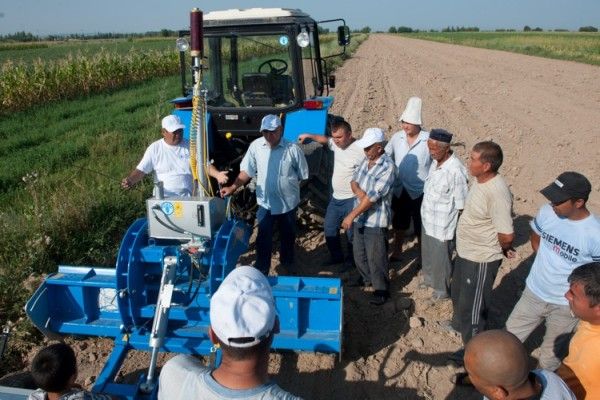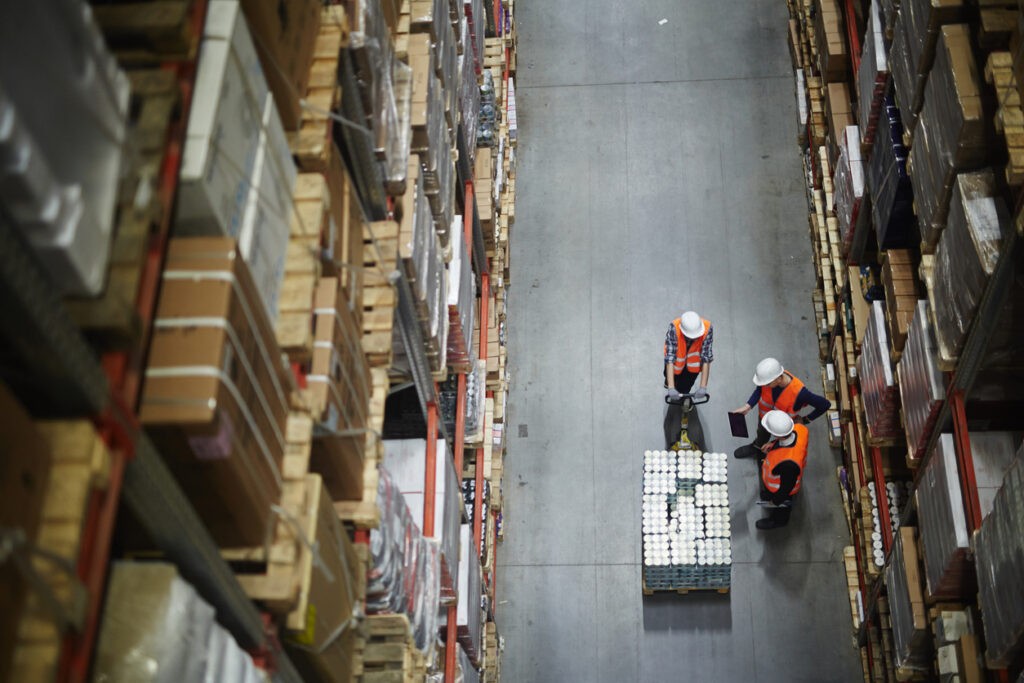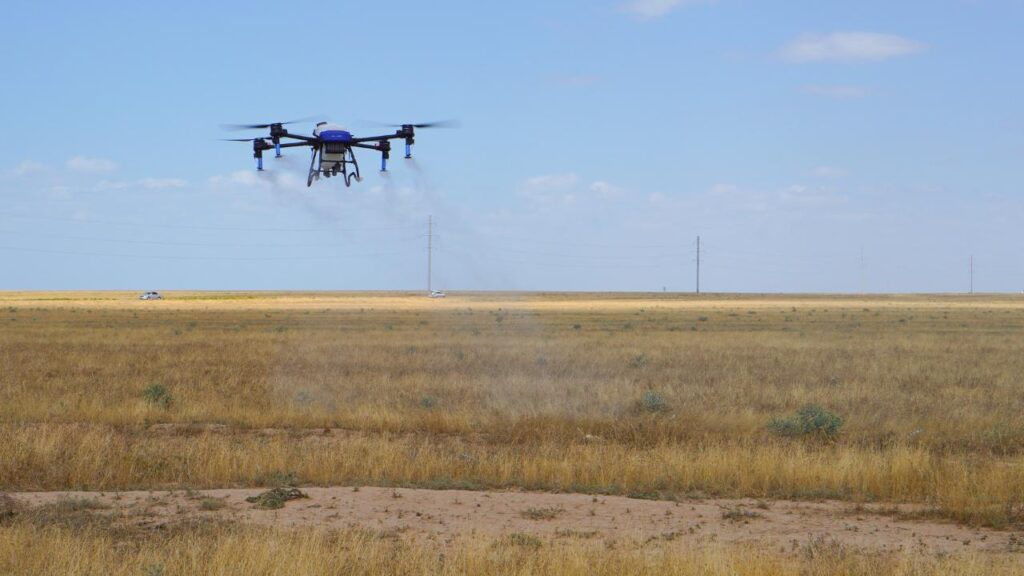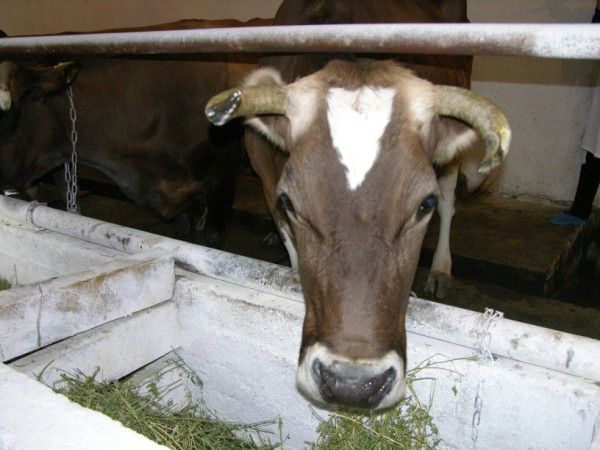BISHKEK (TCA) — Prime Minister of Kyrgyzstan Sooronbai Jeenbekov recently inspected the Issyk-Kul regional plant quarantine laboratory and was impressed with its modern equipment and qualified staff.
After Kyrgyzstan joined the Eurasian Economic Union in 2015, export of agricultural products to the EEU member countries (Russia, Kazakhstan, Belarus and Armenia) is only possible with operating certified phytosanitary and veterinary laboratories. The Kyrgyz Government has been working on the opening of such laboratories for the last three years, Jeenbekov said. More than 1.5 million soms were allocated from the state budget for their construction and equipping in 2015, 26.5 million in 2016, and 29.9 million soms are planned for 2017.
This year phytosanitary and veterinary laboratories will be opened in the Batken, Jalal-Abad and Naryn oblasts, and veterinary control services will start operating in Karakol, Talas, and Batken towns.
Kazakhstan’s support
On 13 June, the Mazhilis (lower chamber of the Parliament) of Kazakhstan approved provision of assistance to Kyrgyzstan for integration into the EEU. Kazakhstan will provide all-round support including financial, which will exceed $100 million. Assistance will be provided in several tranches.
The first $41 million tranche will come in cash and training services aimed at speeding up the procedures for customs administration, improving the quality of control and ensuring safety of goods exported into the EEU member countries, including modernization of testing laboratories.
It is the matter of the future. Meanwhile, the local media report every week that trucks from Kyrgyzstan with vegetables, fruit and berries were stopped on the border of Kazakhstan with Russia. The products were returned because there was no marking on it, indicating the origin of the product, and there were no documents confirming its phytosanitary safety.
Vegetables returned
This week, the Russian Federal Veterinary and Phytosanitary Supervision Agency posted on its website information about the detention of fruit and vegetables transported from Kyrgyzstan to the Novosibirsk oblast, Siberia. According to the Agency, 25 batches of products with high phytosanitary risk were without proper labeling on the package and eight batches of plant products were banned for imports due to invalid phytosanitary certificates. As a result, cherry, plums, melons, rice and vegetables were returned back to Kyrgyzstan.
According to experts, such facts will repeat until the Kyrgyz authorities resolve the issue with laboratories and unhindered obtaining of certificates.
Local farmers are in a hurry to sell their harvested perishable products, such as cherry. Obtaining permits for export takes time and demands knowledge, and farmers turn to intermediaries who offer to speed up the process. The farmers would be happy to work legally, but the authorities did not provide them with the necessary conditions for exporting products.
Poor performance of the authorities
Farmers who have grown their products try to sell them, remaining one on one with the EEU or other state’s laws and requirements. The agrarians should know foreign languages, economics and all specific requirements for grown products.
Given that most farms are located in remote regions of the country, it is difficult to imagine how the Government can eradicate the illiteracy of domestic producers.
So, the returns of products and the farmers’ losses are due to the poor performance of the state bodies. The current discrepancy in the calibration, labeling and price of local agricultural products in the markets of other countries is a shortcoming of the authorities. However, there are no criterions for assessing the work of the ministries in charge for increasing exports.
Despite the Government’s assurances, there are few logistics centers in the country where agricultural products can be stored and processed, and there are not enough slaughter shops.
Logistics centers and cooperatives
Logistics centers could solve not only the above-listed problems, but also could have a multiplier effect on the entire economy. The development of agricultural cooperatives and creation of trade and logistics centers will also help overcome small-scale production.
Five trade and logistics centers are now operating in Kyrgyzstan. The largest one is in Sokuluk village of the Chui oblast, another in Balykchy town in the Issyk-Kul oblast, and the three other in the south of the country.
According to official data, 422 agricultural cooperatives are registered in Kyrgyzstan, and only 70 of them are operating. Agricultural cooperative movement does not develop in the country. Individual farmers do not pay land tax and property tax, but cooperatives have to pay taxes for their production buildings. Farmers do not pay payroll tax but cooperatives pay a 10% payroll tax.
Social deductions represent the greatest tax burden, but individual farms are exempted from them, while cooperatives have to pay 25-27% of wages paid to their employees. Both farms and cooperatives are exempt from income tax. Rates for public services are also burdensome for cooperatives. For instance, farmers pay for electricity at the tariff for the population while cooperatives pay at the commercial, higher tariff.
The parliament is currently considering a bill drafted by the Economy Ministry providing tax incentives for agricultural cooperatives, machine and tractor stations, and trade and logistics centers.









